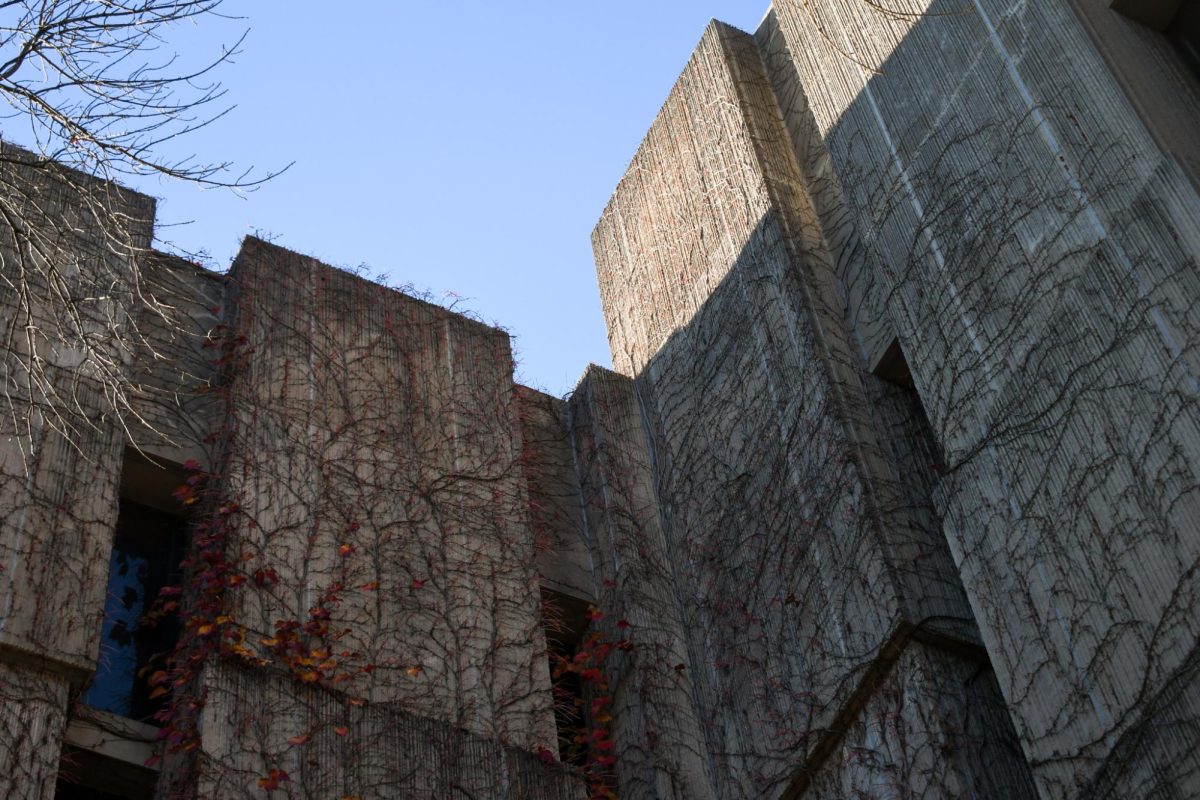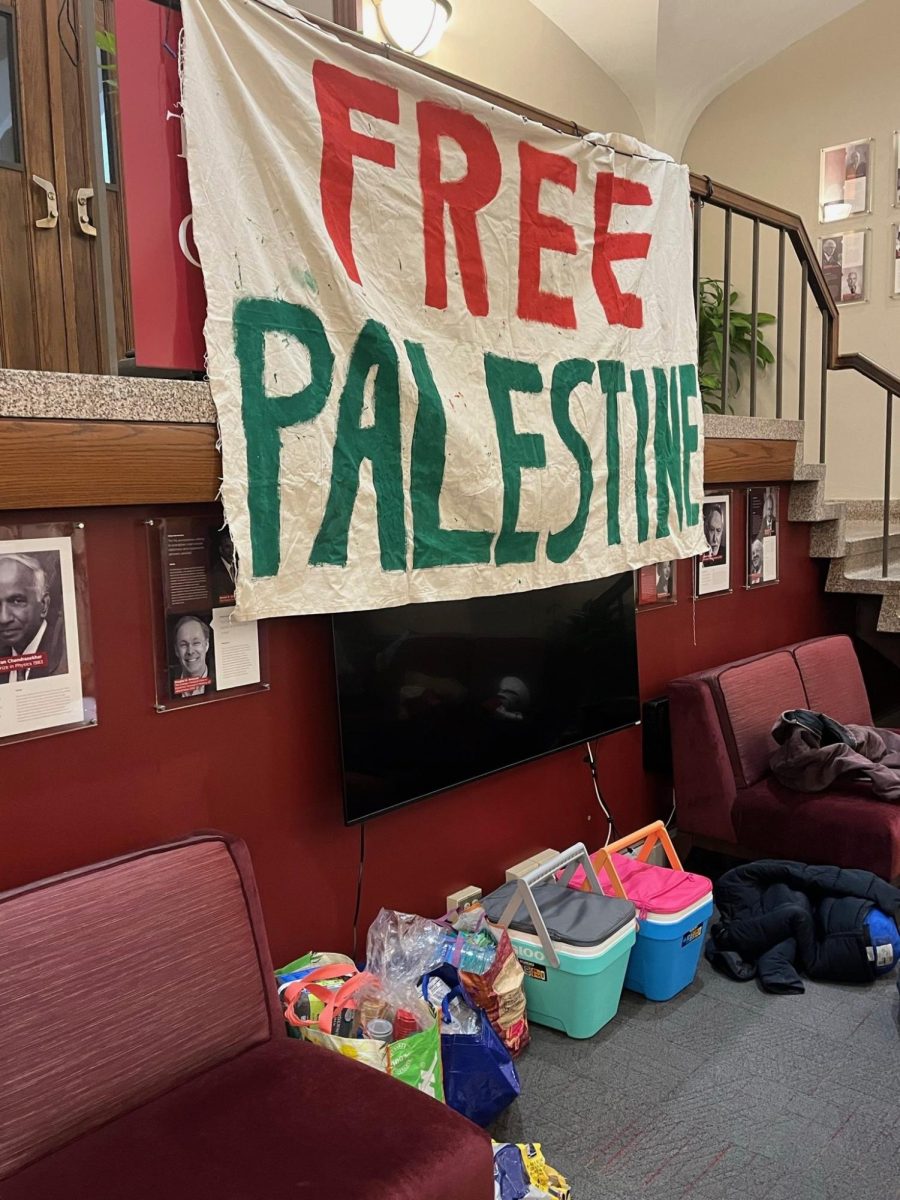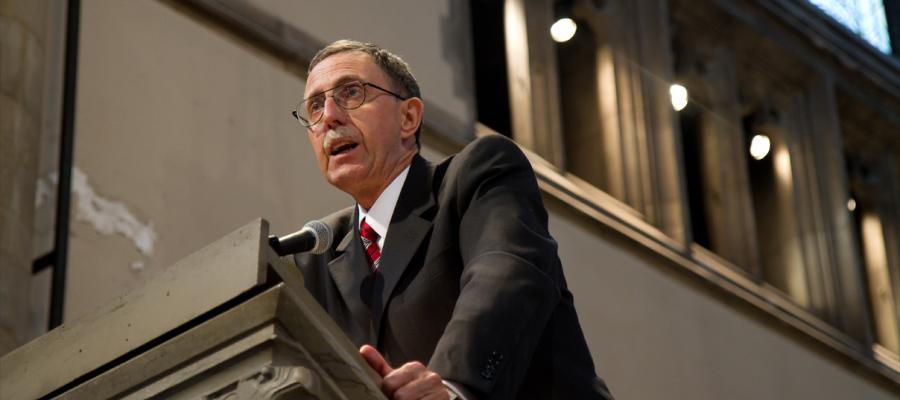Eric Wessan’s general indictment of Student Government (SG) in “Electoral Dysfunction” (5/6/14) is so filled with contradiction it hardly merits a response. However, we in positions of SG leadership would like to address a few of the factual inaccuracies in the piece because, to Wessan’s point, it is important that correct information be available to the public about its student government.
First, no “concerted effort” was made to disenfranchise fourth-years by the Elections and Rules Committee (E&R) and the University Constitution was never violated. The committee interpreted the E&R bylaws (part of the bylaws of Student Government) in a way that initially excluded fourth-years from the ballot; Wessan challenged that decision and, after deliberating, E&R reversed itself. Although Wessan calls E&R “unaccountable,” he tells us a story you could find in a definition of accountability; after he identified the issue to the E&R chair, the issue was dealt with in a timely manner that followed the correct process. Despite technical difficulties beyond its control in the new Blueprint ballot system, E&R dealt gracefully with the issues that came before it and took note of what could go better in the future.
The proposal currently on the table to provide a small stipend for SG leaders who spend 10–15 hours working for SG in a typical week (some weeks as many as 20–30) is another example of how SG is constantly evaluating ways it can improve and become a more accessible institution to the larger student body. While in office, we recognized that the amount of time our jobs require would preclude a student working through college to access top leadership positions. The $1,000 number was arrived at by multiplying average weekly hours worked by minimum wage, which hit on a quarterly stipend of about $920. The number Wessan found in the meeting minutes was $1000 because it is a more convenient number for the purpose of showing how the stipends would fit into the overall budget (representing about .75 percent of it). Unfortunately, nobody in SG leadership was contacted as to the factual accuracy of Wessan’s polemic. Had we been, we would additionally have informed Wessan that the proposed stipends would not take effect until next year because of the obvious conflict of interest in raising a proposal to pay our own executive board.
Wessan claims that such stipends are unnecessary for SG because students in other RSOs do not receive them, but Wessan misunderstands the relationship of SG to other RSOs. SG disburses over $2 million of student fee money to subsidize the activity of every RSO on campus, and has considerable say in determining what groups become RSOs. That is power. And one essential aspect of a democratic-republican system of government is to ensure an equitable distribution of decision-making power across constituencies. If working students are systematically excluded from positions of authority in SG, that system is failing. Furthermore, the primary work of these leadership positions is to ensure that the fee money is distributed fairly and through a student-led democratic process. A small amount of financial aid to ensure that work is prioritized by SG leadership over the other responsibilities of being a student seems reasonable considering how much of student life relies on SG.
Conversations with the financial aid office revealed that it would not be feasible to only provide stipends on a demonstrated-need basis. Concerns arose both about the arbitrariness of needs-based cutoffs, but also the issue that outside grants can be deducted from a student’s financial aid package, leaving them with no net gain. At the end of the day, the proposal is still a proposal, and it will be up to representatives to debate and vote on it. The details are still being thought through, but please contact your class or division representative with specific questions or concerns. We will post a detailed proposal online before the ninth week Assembly meeting.
Finally, Wessan makes several inaccurate statements in regard to the proceedings of College Council. Currently, there are no elections when a vacant seat needs to be filled; members of the Council vote in a new member. Some members (including Mike Viola) wished to change the by-laws to allow for elections in such cases, a proposal that did not pass. No “change,” as Wessan writes, that would have required oversight of E&R was made at all. (Determining the by-laws of College Council is not within the purview of E&R anyway.) Furthermore, the planned “mocktail party” Wessan denounces is nothing more sinister than a meet-and-greet with constituents.
With so many inaccuracies, Wessan’s piece is less of an argument and more of a series of insinuations that amount to little more than uninformed puffery. He forgets that accountability cuts both ways. It should be demanded of Student Government, but pundits also have a responsibility to check their facts.
—Michael McCown, ‘14 and Mike Viola, ‘16






